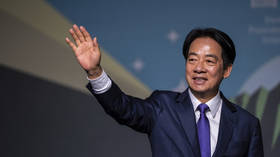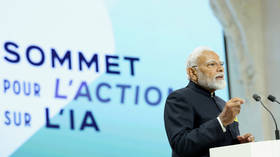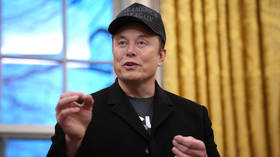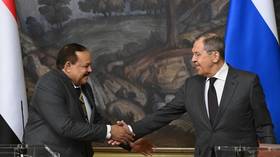Beijing welcomes Moscow’s stance on Taiwan
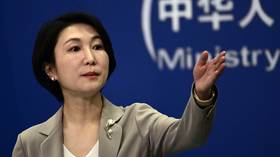
Beijing appreciates Moscow’s position on Taiwan, the Chinese Foreign Ministry said on Monday, commenting on the Russian reaction to Saturday’s elections on the self-governed island.
Lai Ching-te, the presidential candidate of the ruling Democratic Progressive Party, came out ahead in the vote. Commenting on the outcome on Saturday, the Russian Foreign Ministry stressed that it “opposed any form of Taiwan independence” and urged “all foreign forces to refrain from provocative actions” in the region.
When asked about the statement during a press briefing, Chinese Foreign Ministry spokesperson Mao Ning said the stance was appreciated, and named numerous other nations and international organizations with similar positions.
“This is the voice of justice and peace of the international community. It embodies the broad consensus on firm defense of the UN Charter and the basic norms of international relations,” she stated.
Nationalist forces fled to Taiwan in 1949, after the Communists emerged victorious in the Chinese civil war. The island’s government is supported by the US, but in 1979, Washington switched diplomatic recognition from Taipei to Beijing as the sole representative of China, as part its normalization of ties with the People’s Republic.
US President Joe Biden meanwhile, has deviated from the American policy of ‘strategic ambiguity’ on Taiwan by publicly saying US military forces would defend the island. Beijing’s stated policy is to seek peaceful reunification, but it has declined to rule out the use of force in the event of a formal declaration of independence.
Some commentators have charged that Washington has treated Taiwan as an independent nation by inviting its officials to US-hosted international events and sending official and unofficial delegations to the island. Former National Security Advisor Stephen Hadley and former Deputy Secretary of State James Steinberg arrived in Taipei on Sunday to meet current President Tsai Ing-wen and other political leaders.
Mao stressed that Beijing considers the election in Taiwan a “domestic affair” for China, and opposes US “interference.” The outcome of the vote also did not change the status of the territory in any way, she said.
